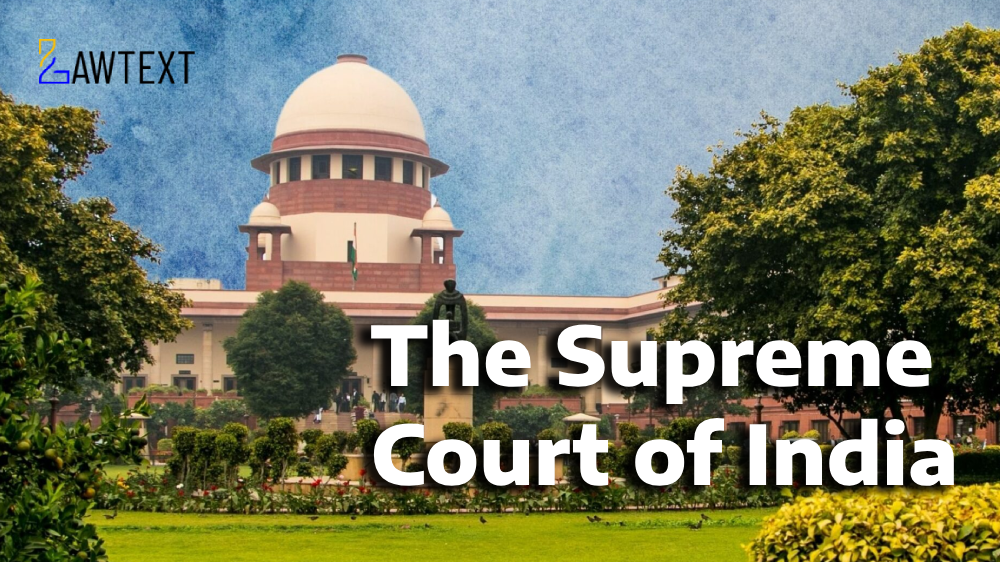Case Note & Summary
Settlement Agreement Recalcitrance in Matrimonial Proceedings
Hindu Marriage Act, 1955; Article 142 of the Constitution of India
1. Background:
The matrimonial dispute between Anurag Kumar and Trisha Singh. An instant transfer petition was filed by Trisha Singh, the petitioner-wife, seeking the transfer of a petition filed by Anurag Kumar, the respondent-husband, under Section 9 of the Hindu Marriage Act, 1955. The matter was pending before the Court of 7-Principal Judge, Family Court, Varanasi, U.P.
2. Transfer Petition and Settlement Efforts:
The transfer petition was initially dismissed for want of prosecution but was later restored, and the matter was forwarded to the Supreme Court Mediation Centre for exploring an amicable settlement. Subsequently, a settlement agreement was reached between the parties before the Mediator on 26th February, 2024.
3. Terms of Settlement:
The settlement agreement included terms regarding the payment of alimony by the respondent-husband to the petitioner-wife, as well as the transfer of certain assets to the petitioner-wife.
4. Breach of Settlement:
Despite reaching a settlement, the petitioner-wife has apparently reneged on the agreement. She has stopped instructing her counsel, and it was revealed during proceedings that she is attempting to withdraw from the settlement.
5. Consequences of Breach:
The conduct of the petitioner-wife is deemed recalcitrant, as she has disregarded the terms agreed upon before the Mediator. The respondent-husband has already withdrawn the matrimonial case and has made a significant payment towards alimony as per the settlement terms.
6. Legal Precedent:
The court refers to a similar case, Ruchi Agarwal v. Amit Kumar Agrawal, where the appellant-wife's conduct was scrutinized regarding a compromise agreement. The court emphasized that the appellant-wife's actions indicated an abuse of the legal process.
7. Decision:
Given the irretrievable breakdown of the matrimonial relationship and the petitioner-wife's conduct, the court exercises its powers under Article 142 of the Constitution of India to grant a decree of divorce. However, it is stipulated that the respondent-husband must fulfill the remaining obligations as per the settlement agreement.
8. Disposition:
The petition is allowed with the terms outlined, with no order as to costs. Pending applications are disposed of accordingly.
Issue of Consideration: Trisha Singh Vs. Anurag Kumar
Premium Content
The Issue of Consideration is only available to subscribed members.
Subscribe Now to access critical case issues





